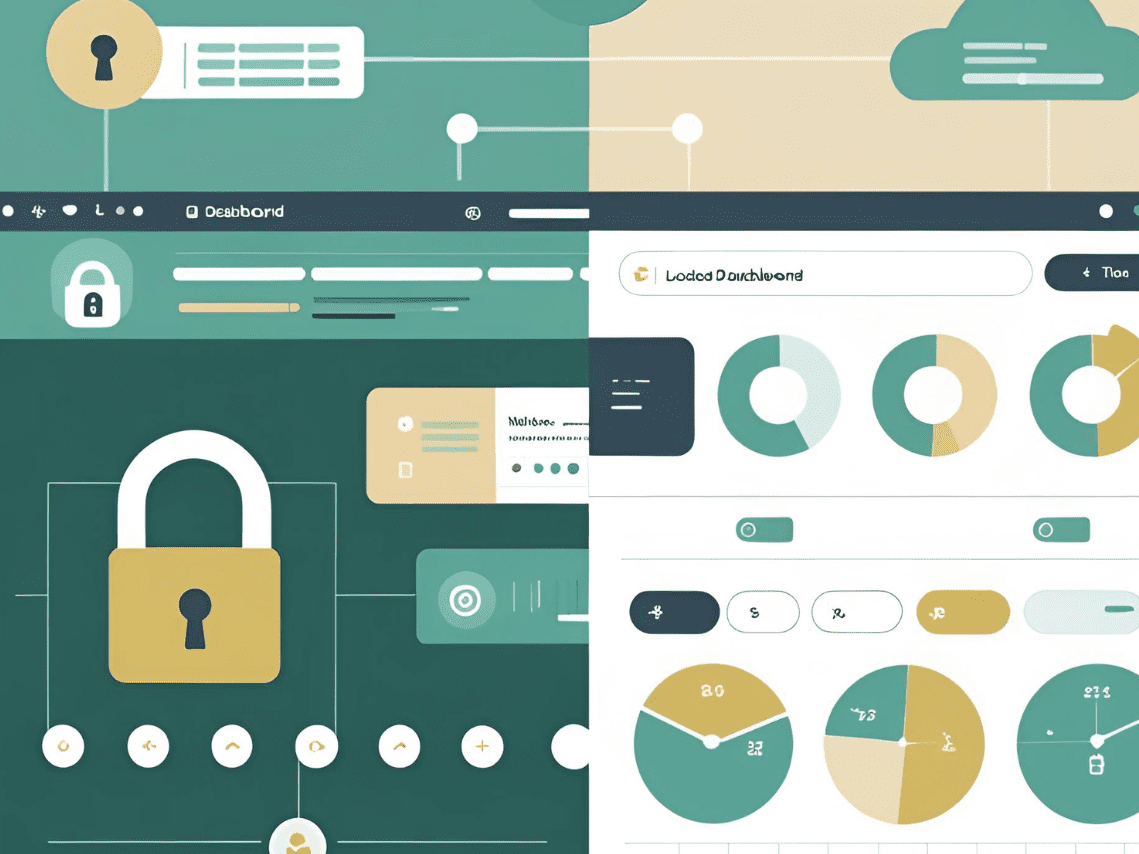Supply chain ethics is essential when it comes to conducting responsible business. It impacts brand reputation and customer loyalty. As global awareness around ethical practices grows, companies must implement rigorous standards across their supply chains to ensure that they meet these rising expectations.
The increased importance of ethics in supply chain management is a call to action for businesses of all sizes. There is a growing need understand and enforce ethical standards, building credibility and resilience in today’s interconnected market.
The Growing Demand for Ethical Supply Chains
Consumers are increasingly prioritising ethics in supply chain management. According to PwC’s 2024 Consumer Survey, 79% of global consumers now prefer brands with ethical sourcing practices and 9.7% are willing to pay a premium for ethically produced goods. This shift emphasises the need for businesses to establish transparent and accountable supply chains to meet customer demand for ethical standards.
The Importance of Ethics in Supply Chain Management
The significance of ethics in supply chain management is growing rapidly and regulatory bodies are enforcing stricter standards worldwide. According to QIMA’s 2024 Global Supply Chain Report, 70% of businesses now consider Environmental, Social, and Governance (ESG) factors in their sourcing decisions. This shift highlights the importance of ethical supply chain management. It supports the need for building resilience, reducing risk, and maintaining compliance in an increasingly regulated global market
What Are Supply Chain Ethics?
Supply chain ethics encompass a range of standards promoting fairness, transparency, and accountability.
Key aspects of ethics and supply chain management include:
- Freedom from forced labour
- Elimination of child labour
- Safe & hygienic working conditions
- Humane, non-discriminatory treatment
- Anti-bribery & anti-corruption practices
- Fair wages & regulated hours
- Environmental responsibility & sustainability

These standards are now set by international rules and industry guidelines. Companies must answer to both consumers and regulators for following them.
What Can Businesses Do to Promote Supply Chain Ethics?
To promote ethical supply chain management businesses need a comprehensive approach to monitoring and enforcing standards. Many companies create their own codes of conduct, setting expectations for suppliers regarding ethical behaviour. For example, companies like The Coca-Cola Company have strict guidelines. They require suppliers to adhere to their Code of Business Conduct, ensuring ethical practices across operations.
International frameworks like the UN Global Compact and the International Labour Organization (ILO) conventions provide guidelines that companies can use to benchmark their ethical supply chains.
Achilles supports businesses by providing supply chain due diligence using supplier verification and risk assessment to help enforce these standards. We also offer an ethical business programme that helps your business comply with social and regulatory standards. The programme provides insight into labour practices and guidance to prevent unethical practices in your organisation and supply chain.
The Role of Transparency in Maintaining Ethics in Supply Chain Management
Transparency is essential to ethics in supply chain management. A recent Detrack report on supply chain trends found that 84% of businesses believe visibility into supplier practices is crucial for maintaining ethical standards.
Achieving true transparency requires visibility beyond the first tier of suppliers. This is because unethical practices can often be found deeper within the supply chain. A 2024 survey by QIMA found that only 16% of businesses have complete visibility into their entire supply network. It also highlighted that 30% know less than half of their suppliers. This indicates a significant gap in ethical monitoring
At Achilles our solutions support supplier collaboration with assessment tools to ensure full supply chain transparency. This allows the identification of risks at an early stage so they can be addressed before they become a larger issue.
A Government Perspective on Supply Chain Transparency
Governments are reinforcing the need for transparency in supply chain ethics. Regulations like the UK’s Modern Slavery Act and the EU’s Corporate Sustainability Reporting Directive mandate that companies disclose ethical practices within their supply chains. According to RSM Global, companies failing to meet transparency standards risk reputational damage and legal consequences. This is especially true as ethical retailing becomes a core customer expectation.
The Golden Rule of Supply Chain Ethics: Know Your Suppliers
The golden rule for supply chain ethics is clear: know your suppliers. With only 16% of companies having complete visibility into their full supply chain there is an obvious critical gap in ethical monitoring.
Achilles helps companies close this gap by providing supplier audits and verified supplier data alongside a prequalified supplier network. This allows businesses to maintain oversight and ensure compliance with ethical standards at every level of the supply chain.
Building and Maintaining an Ethical Supply Chain
Building and maintaining an ethical supply chain requires ongoing commitment and the right tools, especially when working with global suppliers. Supply chain transparency, supplier verification, and due diligence tools enable businesses to uphold ethical standards, manage risks, and respond to evolving regulations. Achilles provides end-to-end solutions to help organizations create and maintain ethical supply chains, meeting customer expectations and regulatory requirements.
As the importance of supply chain ethics continues to grow, businesses that prioritise transparency and ethical practices will stand out. They will enhance customer loyalty and safeguard their brand against potential disruptions.




